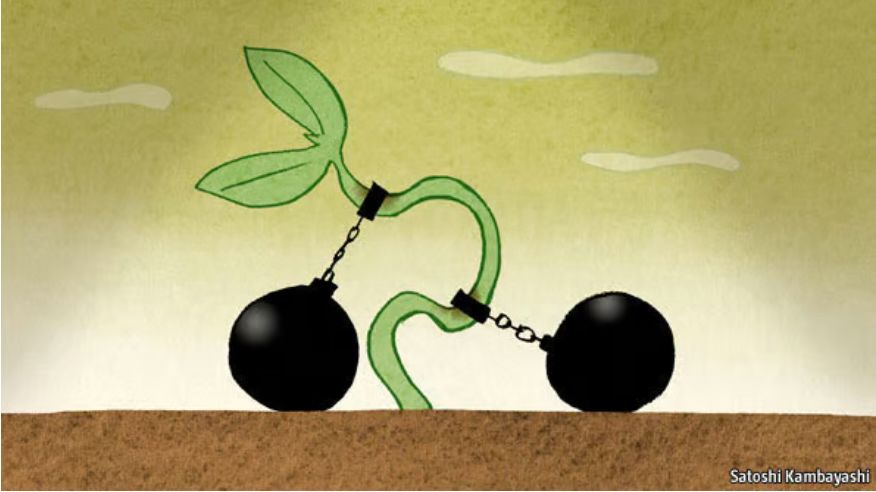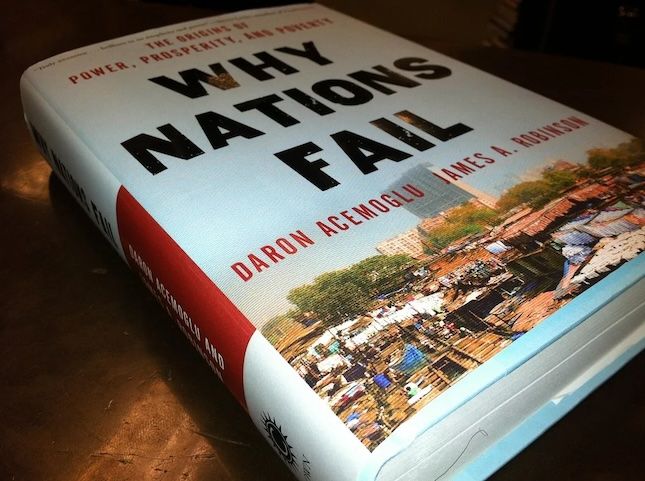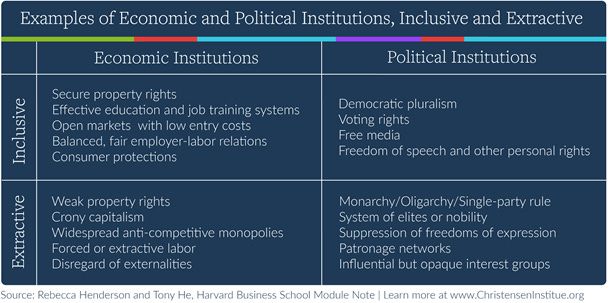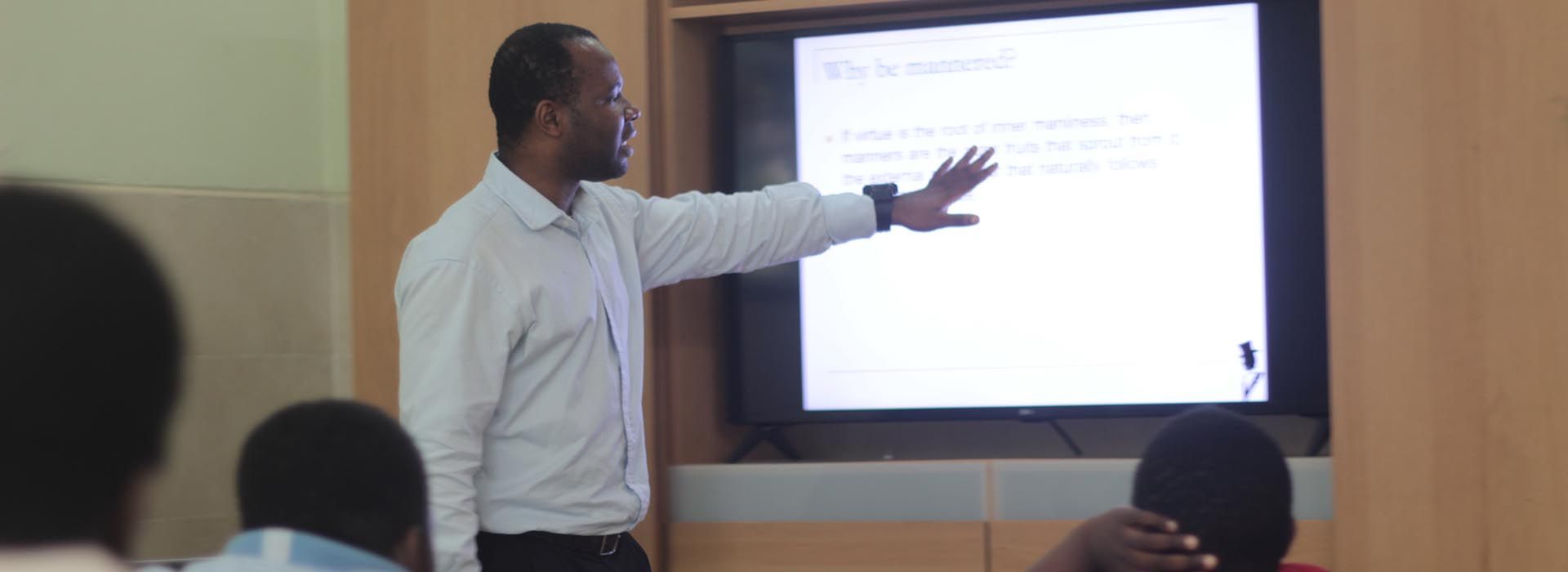One key lesson that really resonated with me was the need to strengthen our institutions and make the political processes more inclusive. Only a concern for society will lead to participation in the political and by extension the economic life of the society

Why nations fail is a pertinent question of our time. The theory put forward by James Robinson and Daron Acemoglu in their book - Why Nations Fail: The Origins of Power, Prosperity, and Poverty - is also very relevant.
The intricate struggle between the extractive political and economic institutions versus their inclusive counterparts might look like a simplistic analysis of the grave problem bedevilling over 70% of nations, Acemogolu and Robinson however use this nominal title to aptly capture a peculiar and complex phenomenon that makes for failed states.

The authors recognize many theories e.g. historical, geographical, modernization, international financial aid ('palliative theory'), and micro and macroeconomic theories attempting to explain facets of the myriads of problems facing failing nations. Though none are as encompassing as the extractive versus inclusive framework espoused.
As a Nigerian, the pinches of the giant of Africa were very much my bias in reading the book. I was a bit disappointed that specific examples were not drawn from Nigeria the country with a fifth of the entire black population. Although many examples of sub-Saharan Africa fittingly apply to the Nigeria context.
For instance, the economic and political system we inherited from the British was highly extractive, even though it allowed for a bit of economic growth as noted in the charm of growth under authoritarian regimes. The scourge of slavery still remains with us not in the form of the iron chains binding human hands and necks, but in the distrust that exists amongst ethnic and tribal men, both inter and intra.

The centralization which is usually synonymous with economic growth was solidified after the British with the outcome of the Nigerian civil war and decades of brutal military rule. Although the plural nature of the Nigerian people which can be viewed as a deterrent to centralization has also meant that economic extractive institutions haven't been one-sided. The diversity of peoples also touts great promises for a broad coalition being involved in political processes and thus driving growth.
The book failed to pay much importance to individual factors maybe to buttress its long-term approach to tackling the issue. I think the nature of the human person tells us that humans, 'individuals' can surprise us for good or bad. Although the authors would argue that regardless of a person's inclination the institutional system can curtail an individual with dictatorial tendencies or strengthen the government of a person already inclusive by nature.

One key lesson that really resonated with me was the need to strengthen our institutions and make the political processes more inclusive, the current winner-take-all-all system of the Nigerian polity is simply chaos. It alienates losers from the system. When over 50% of a population is spread into different losing parties, as in the 2023 general election, there is a possibility of alienating over 50% of the population from the political process.
Educational Institutions like Lakeside Study Centre and many other such projects by the Educational Cooperation Society should be encouraged to continue to form individuals with a total view of their education as a service to society. Only a concern for society will lead to participation in the political and by extension the economic life of the society.
Lastly, I recommend Why Nations Fail: The Origins of Power, Prosperity, and Poverty to anyone concerned about society in general and how to improve it.